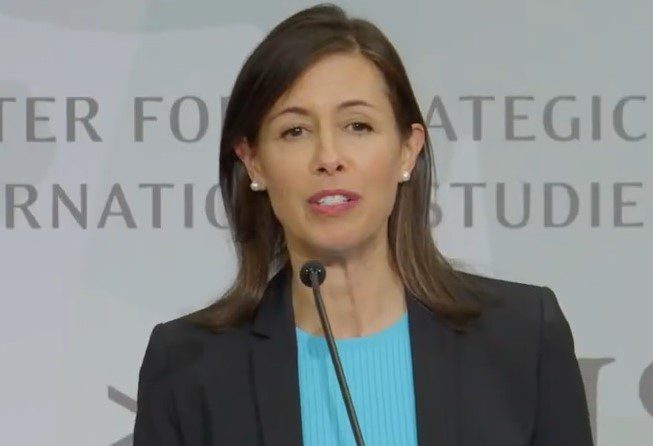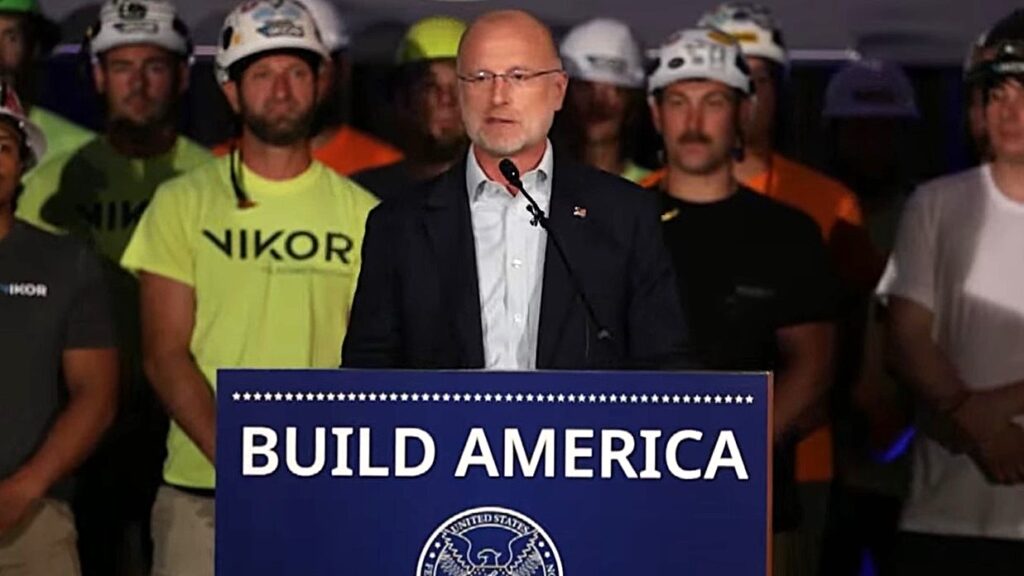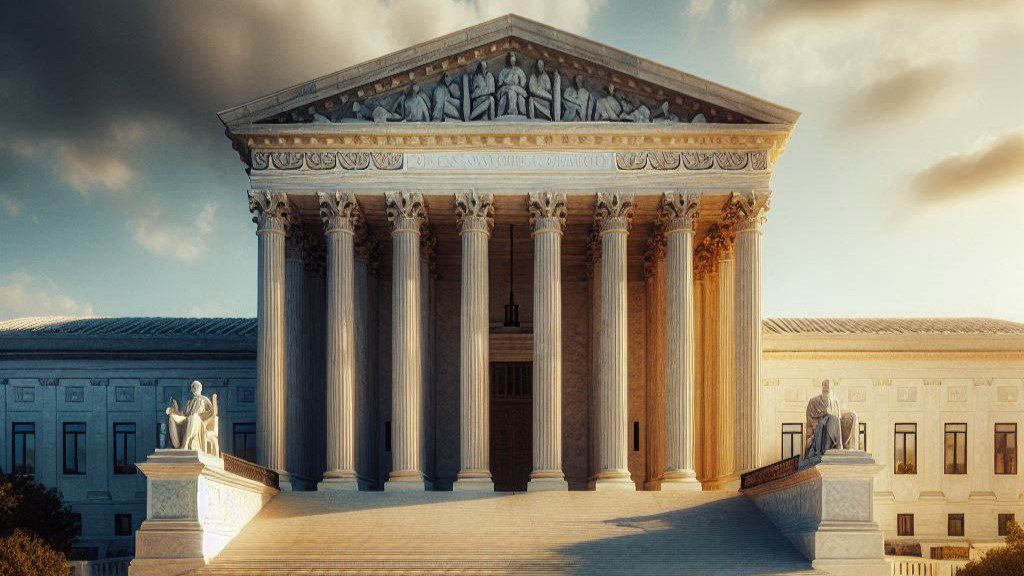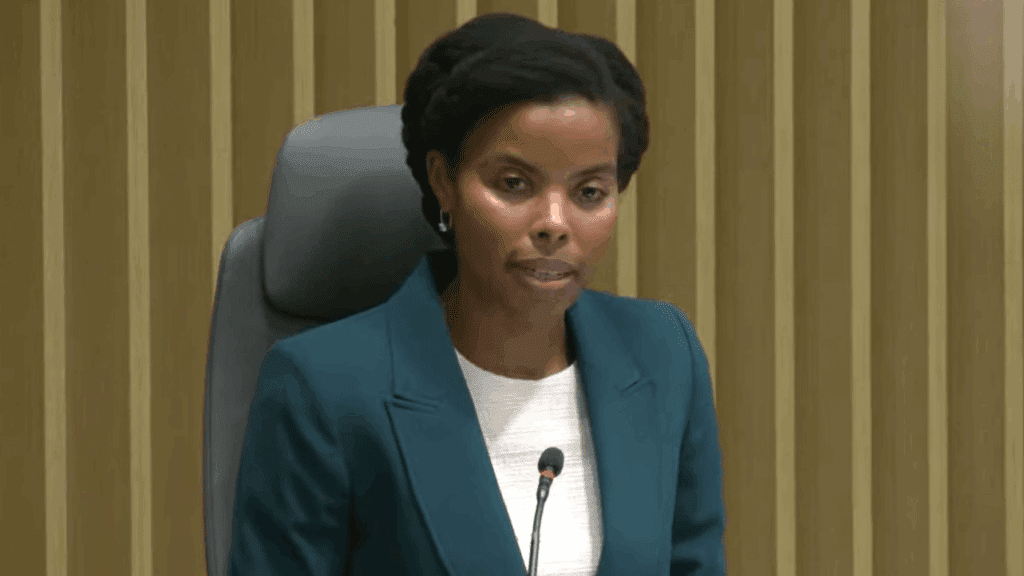Rosenworcel Warns of Vulnerabilities as 5G Changes Modern Communications
Randy Sukow
|

FCC Chairwoman Jessica Rosenworcel sees much more than the latest-generation of mobile phone technology when she reviews 5G wireless technology. So much of the planning and construction of 5G networks today is aimed at industrial automation, artificial intelligence, internet of things (IoT) and other applications that will drive the modern economy. Cyber security takes on greater importance.
“We are doing a lot—in fact, right now the agency is doing more to address network security than at any point in its history,” Rosenworcel said of the Commission’s latest activities during a speech last week to the Center for Strategic and International Studies (CSIS) in Washington. “It’s a strategy to … deter bad actors, defend against untrusted vendors, and develop a market for trustworthy innovation. By doing this, we are working to help improve communications security at home.”
She listed 10 specific areas where the FCC is concentrating on improving the security of electronic communications. In the area of network resilience … avoiding outages and recovering more quickly when outages occur … she said that the Commission will soon issue a Notice of Inquiry on security enhancements to internet routing. There are also plans to update rules aimed at individual privacy. “The rules we have on the books that require carriers to notify consumers and law enforcement about data breaches are more than 15 years old,” she said.
Keeping cyber security rules up to date is especially challenging because many aspects of the problem are always evolving. For example, the federal government in recent years has been concerned about security vulnerabilities created by foreign entities, especially from China, obtaining wireless licenses and designing wireless internet infrastructure. “There is currently nothing in our rules that requires the FCC or national security agencies to generally reassess a foreign carrier’s authorization [wireless license] to provide service. This is in stark contrast to most other authorizations granted by the FCC that must be considered on a periodic basis,” Rosenworcel said.
Interagency cooperation will be an important part of any efforts to improve security. An article in PC Magazine noted that Rosenworcel’s CSIS speech “could have come from her counterparts at the State Department or the National Security Agency.” Many in Washington are looking at the same issues.
She said that she has made it a priority to discuss wireless cyber security issues with the leaders of the National Telecommunications and Information Administration and Cybersecurity and Infrastructure Security Agency. A year ago, she took over leadership of the Cybersecurity Forum for Independent and Executive Branch Regulators, a nine-year-old group of regulators from 17 different federal agencies.


